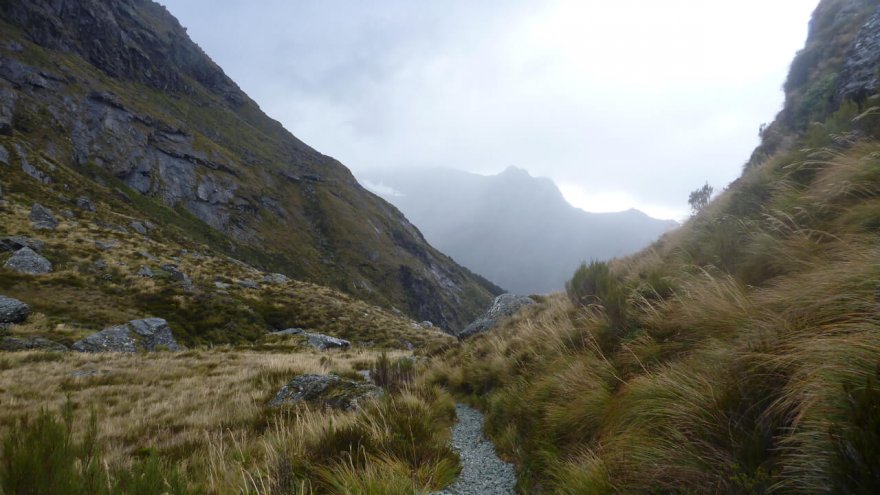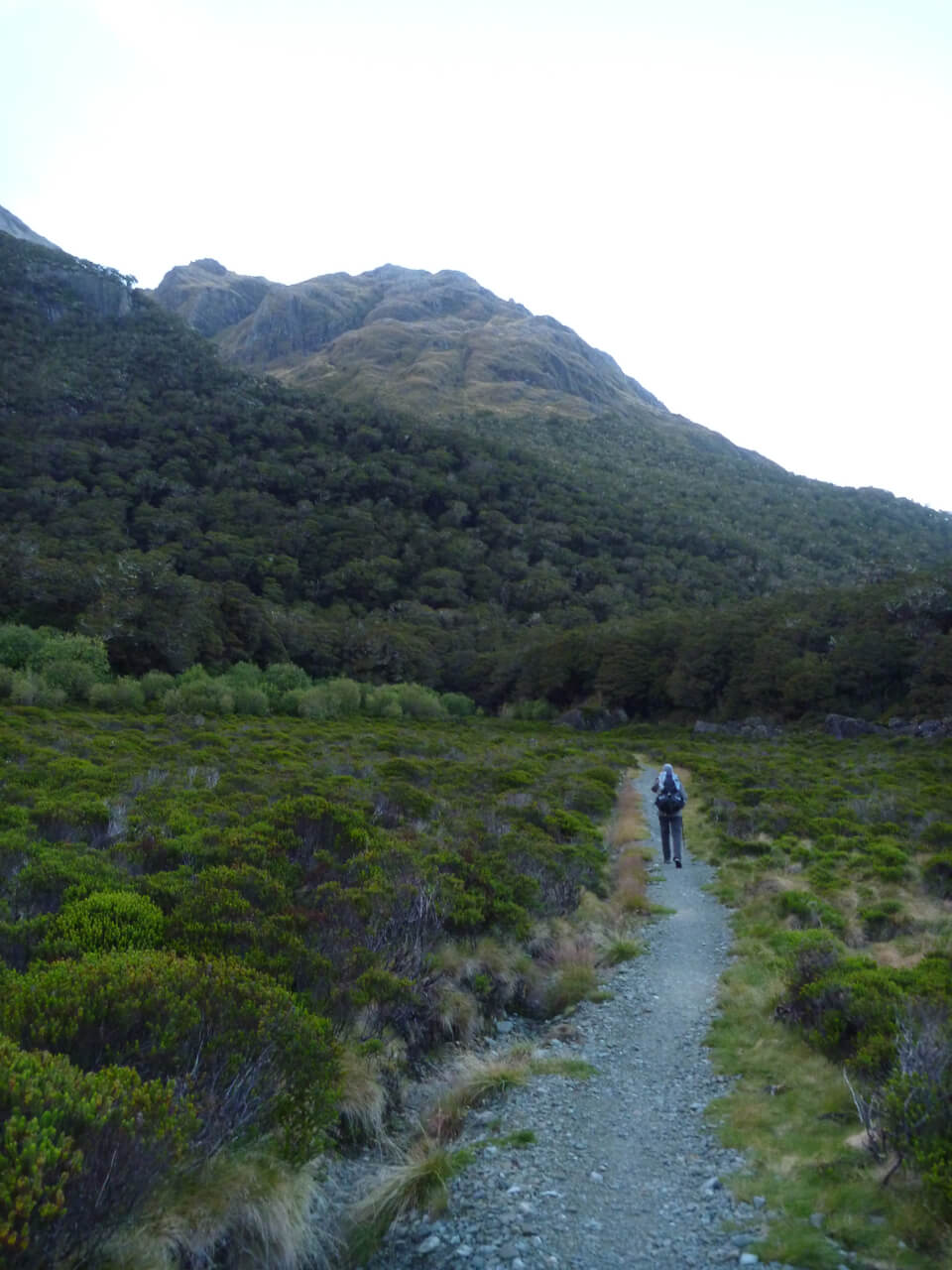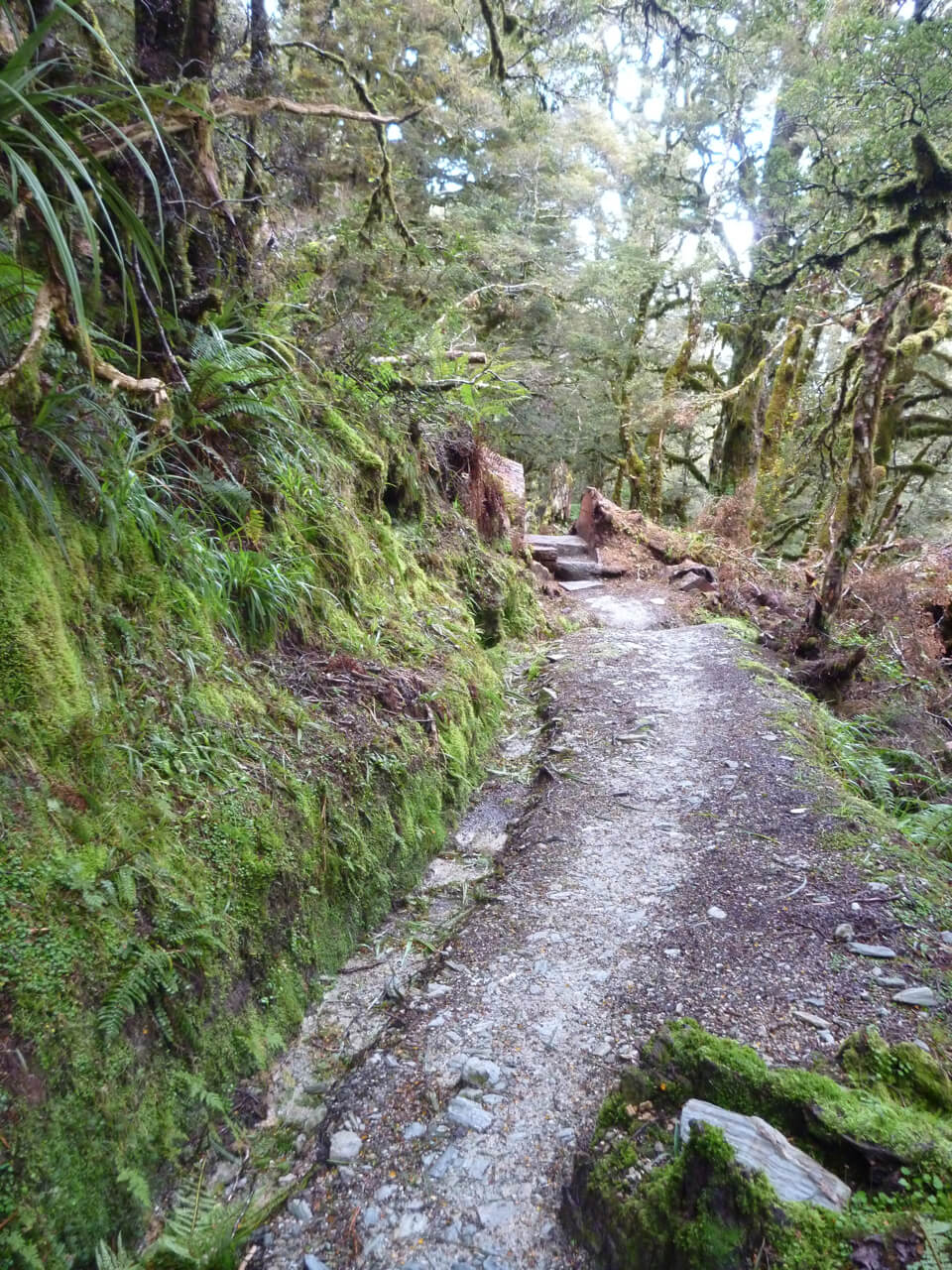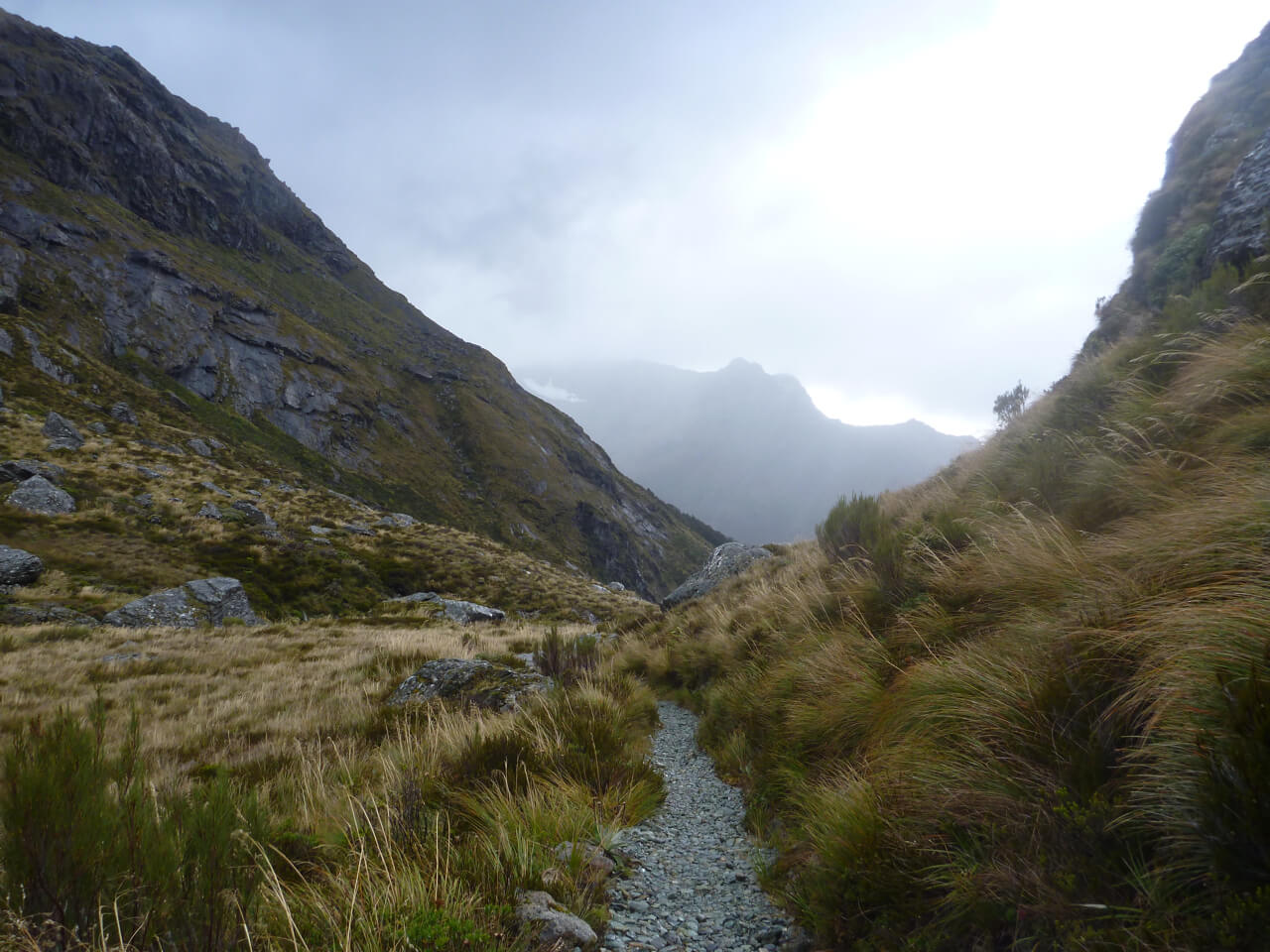Proprioception & Other Benefits of Trail Running

There are many benefits to trail running (defined as running and hiking over trails in a natural environment), and some of them may surprise you.
Running activates the development of new neurons from existing brain cells in a process known as neurogenesis. This activity takes place in the hippocampus, an area of your brain which plays an important role in short and long-term memory and in learning new skills. Clearly, running is good for your mental well-being. But if you take your running to the great outdoors, there are even more benefits for your body and your brain.

In Japan, “shinrin-yoku” or “forest-bathing” is considered to be a kind of preventative medicine, and an important part of preventative health care. “Forest-bathing” is described as spending a prolonged period of time with trees in nature. There are some tree-specific benefits noted with the practice, such as inhaling phytoncides (tree-derived compounds) found in forest air to reduce both your blood pressure and levels of cortisol, a stress hormone. However, the advantages gained from running outside are many, no matter which climate or natural environment you live in.
Running on dirt trails can help relieve depression, anxiety, and stress.
Simply shifting your daily run routine to the outdoors a few times a week can greatly help improve the state of both your body and mind.
- Just fifteen minutes a day of sunshine can reduce depression and anxiety
- Being exposed to natural light will elevate your mood
- The change from a highly stimulating urban environment to the relatively simple views of nature can immediately reduce your amount of stress
- Running outside has been shown to reduce your blood pressure levels
- Activities outdoors can decrease inflammation (chronic inflammation can cause DNA damage and lead to cancer)
- Outdoor exercise can help improve your focus and concentration

Running in nature can improve your memory.
Studies have shown that people who spend even a short time in nature have improved short-term memory. Participants who exercised in a natural environment vs an urban setting showed significant increases in both memory and mood levels, with an almost 20% improvement in memory skills in the natural setting. How? Natural stimuli like a forest or a sunny sky can capture our attention in a relaxing and non-threatening way, as opposed to the highly stimulating landscape of a city or town that demand our focus. This allows our brains to rest and revive, much like stretching your muscles between workouts does.
Running on natural ground will improve your sixth sense – proprioception.
There are five senses we’re all drilled on as children in school – taste, touch, smell, sight and sound. But in reality, we are all born with at least six senses, the ‘extra’ sensory system being a combination of the vestibular sense and the proprioception sense. The vestibular senses are the sensations of body rotation, gravitation, and movement that originate in your inner ear, also known as the awareness of body balance and movement. The proprioception sense is, simply put, your awareness of the position of your body in relation to space.

The information from the proprioceptors or sensors in your muscles, tendons, and joints is sent to your brain and enables you to instinctively react to stimuli. Why is this so incredibly important to runners? Because it’s the sense that allows you to catch yourself before you fall, and it’s the central control of your balance. It’s this “muscle sense” (along with your vestibular senses) that allow you to walk in the dark and not lose your balance.
Running in one direction on artificially smooth surfaces such as roads and treadmills may mean you have nice strong quads, but your other muscles crucial for balance may be lacking or relatively weak. Running on uneven surfaces requires using stabilizing muscles and small muscles that are not normally activated in your normal workout regimen. Your footfalls on a dirt path will be constantly adapting to various types of terrain – just imagine what kind of benefits that will bring to the strength and style of your running.
Why are there so many benefits to humans being in nature?
A study done at the Center for Environment, Health and Field Sciences at Chiba University in Japan says the reason for the significant positive effects on memory, depression, stress and more is that we have spent nearly all of our history as humans exclusively in nature, and we have not yet sufficiently evolved to an urban setting.

In the study, researchers, Chorong Song, Harumi Ikei and Yoshifumi Miyazaki stated, “Five million years has passed since a subset of primates recognizably became human. Because we have already spent more than 99.99% of our evolutionary history in natural environments, it is thought that we are essentially adaptive to nature. However, we live in a society characterized by urbanization and artificiality, despite our physiological functions still being adapted to nature.”
Without proprioception, you wouldn’t be able to run without looking at the ground for every step you take. As a runner, you can gain many advantages by improving your proprioception, state of mind and so much more simply by trail running. When running on trails, be sure to use sunscreen and wear tried and tested trail running shoes to avoid injuries.
Sources
- , Chronic Inflammation,
- , Effect of phytoncide from trees on human natural killer cell function., Study
- , The physiological effects of Shinrin-yoku (taking in the forest atmosphere or forest bathing): evidence from field experiments in 24 forests across Japan, Study
- , Preventive medical effects of nature therapy, Study
- , The Cognitive Benefits of Interacting With Nature , Study
Latest Articles
 Is Running on a Treadmill Easier Than Running Outside?Runners have their own preferences, whether it is treadmill running, running outside on the road, or exploring trails. So...
Is Running on a Treadmill Easier Than Running Outside?Runners have their own preferences, whether it is treadmill running, running outside on the road, or exploring trails. So... Is It OK to Use Trail Running Shoes on the Road?While trail running shoes can be used on roads, especially in situations where a runner encounters mixed terrains or pref...
Is It OK to Use Trail Running Shoes on the Road?While trail running shoes can be used on roads, especially in situations where a runner encounters mixed terrains or pref... How to Fix Sore Quads After Running?Rest, ice, gentle stretching, and over-the-counter pain relievers can help soothe sore quads after running. Also, ensure ...
How to Fix Sore Quads After Running?Rest, ice, gentle stretching, and over-the-counter pain relievers can help soothe sore quads after running. Also, ensure ... 10 Fruits With The Most Electrolytes to Replace Sports DrinksThese fruits are high in electrolytes such as potassium, magnesium, and calcium, essential for hydration, muscle function...
10 Fruits With The Most Electrolytes to Replace Sports DrinksThese fruits are high in electrolytes such as potassium, magnesium, and calcium, essential for hydration, muscle function...

